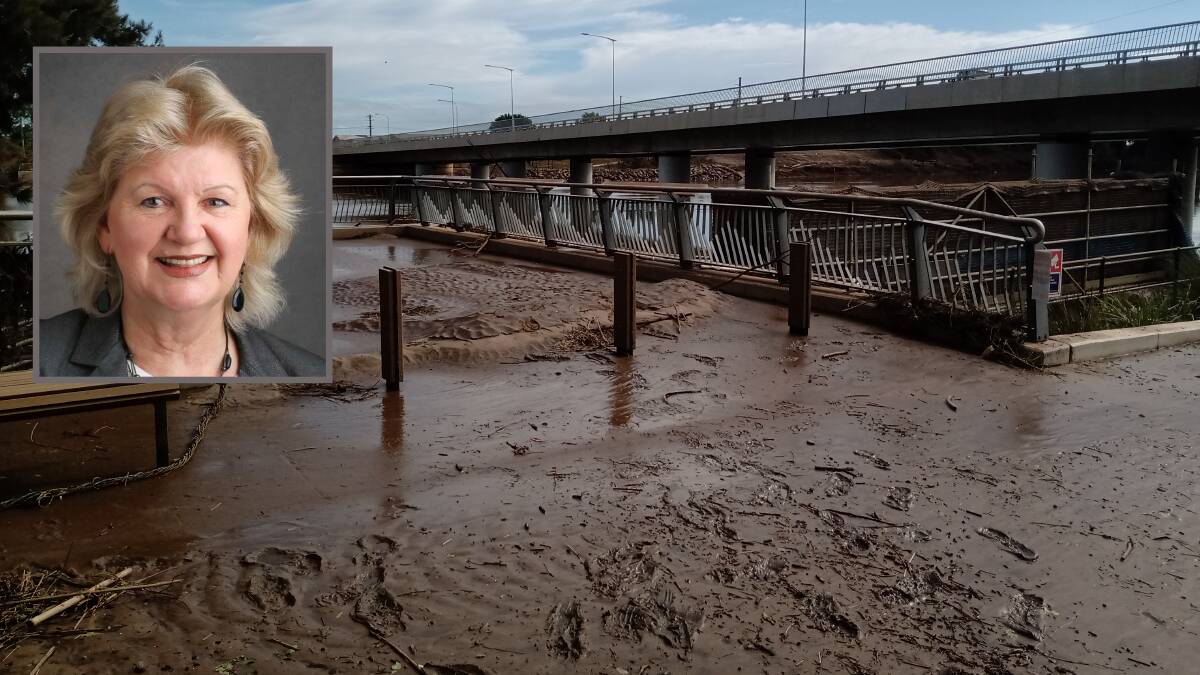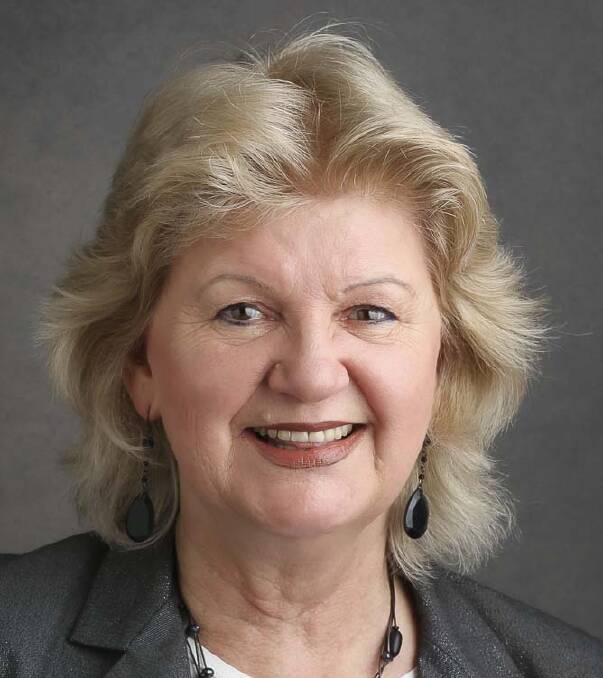
Hawkesbury Councillor and environmental scientist Amanda Kotlash has welcomed the long-awaited release of the NSW independent Flood Inquiry report, and its recommendations for communities devastated by flood earlier this year.
Create a free account to read this article
$0/
(min cost $0)
or signup to continue reading
NSW Premier Dominic Perrottet said he would adopt all 28 recommendations of the report, which investigated recovery and reconstruction efforts following the March 2022 floods which devastated the Hawkesbury-Nepean and Northern Rivers regions.
In the Hawkesbury-Nepean, 1-9 March was the catchment's wettest nine-day period since 1900. The waters at Windsor rose to 13.8 metres - a level which has already been exceeded this year, in July, when the waters rose to 13.93 metres making it the worst flood since March 1978.
Ms Kotlash said though all the report's recommendations were of importance to the local Hawkesbury community, on top of her 'hit list' were the recommendations on disaster adaptation, and housing.
The report recommended the NSW Government, working with local government, should develop a disaster adaptation plan for each city and town, with planning instruments discouraging (and in many cases forbidding) development in disaster-likely areas.
It also advised NSW Government should ease housing stress in flood-prone areas and ensure new development is resilient and community-centred, by pursuing a multi-pronged, decades-long strategy through various means including relocating flood-prone housing.

"We know that the Hawkesbury's risk [of flood] is significant, so we really need to adapt to minimise the risk and minimise the number of people who live below the critical flood level," Ms Kotlash said.
On the other end of the spectrum, Ms Kotlash said she thought the report fell short in its refusal to "definitively" attribute worsening rainfall to climate change.
"I was disappointed with some of the wording, that the link to climate change was 'not definitive'," Ms Kotlash said.
I think we can definitively say that the likelihood of extreme and destructive events is increasing with climate change, full stop and highlighted.
- Amanda Kotlash
"I think we can definitively say that the likelihood of extreme and destructive events is increasing with climate change, full stop and highlighted.
"We have to use this language - it has to be our catch-cry."
Ms Kotlash said the community "must not drop the ball on doing everything we can to curb our emissions and tackle climate change".
"We have to forge ahead on that as well as relocate people - it has to be two-pronged."
She said she wanted people in the Hawkesbury community to know that "everybody at Hawkesbury Council is doing their absolute best and working flat out to fix these [flood-induced] problems and what's ahead of us as well."
Mr Perrottet said the recommendations of the report provided a blueprint for change and practical actions to ensure communities and government could prepare for floods in the future, and recover faster.
"We now have a pathway to better prepare for, respond to and recover from future floods across NSW, that also builds on the ongoing flood recovery efforts that are taking place," Mr Perrottet said.
"Work will start on implementing a number of the recommendations immediately, while other recommendations will require further work and be implemented in stages, with ongoing community consultation and engagement.


